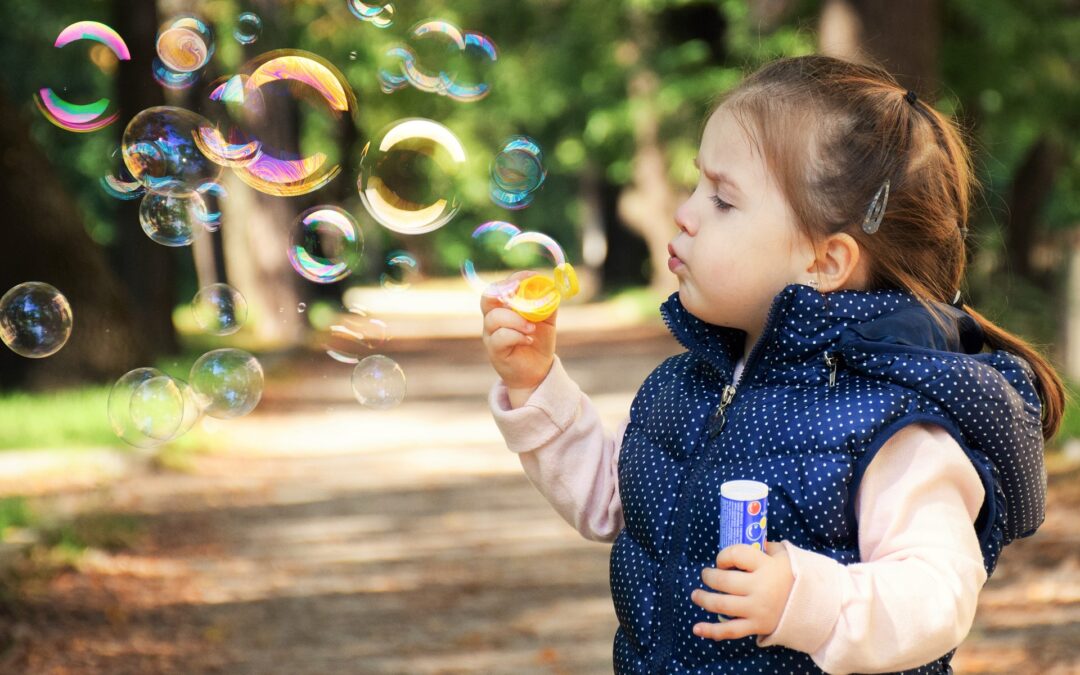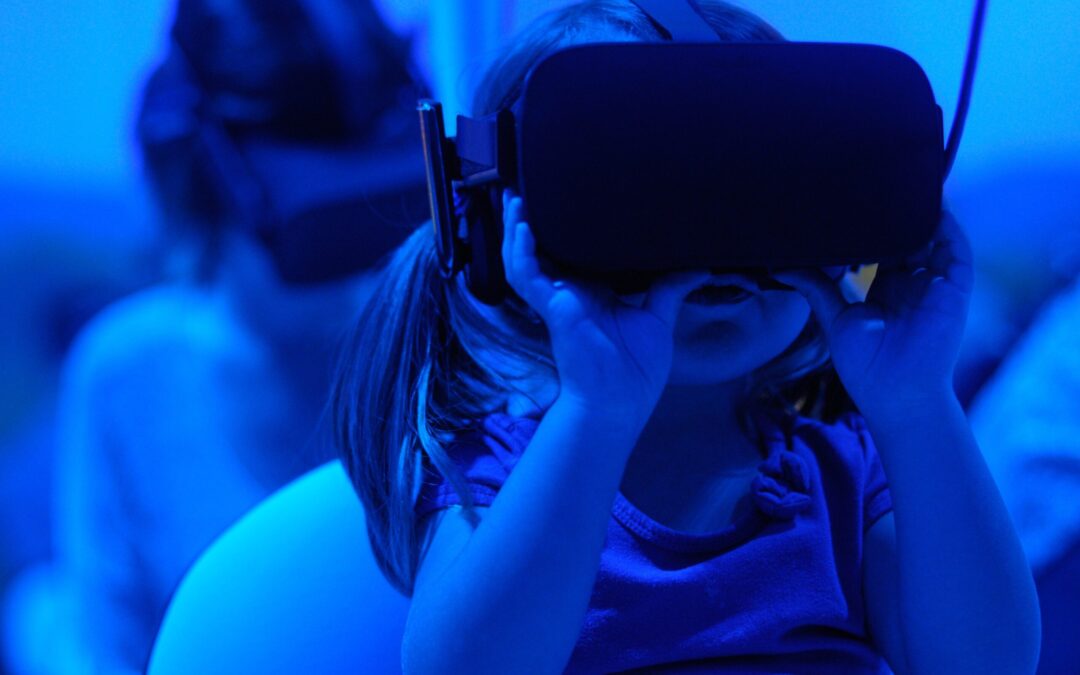
by The Children's Treatment Center | Mar 16, 2022 | General
In our first Consult The Expert article for March, we had the opportunity to speak with one of our clinical psychologists, Dr. Jamie Levine. One of her areas of specialization is working with children who have school-related difficulties. “So many components can...

by The Children's Treatment Center | Jul 12, 2019 | General
Toddlerhood is defined as the age range from 12 to 36 months. During this period, a child’s emotional and cognitive development grows by leaps and bounds, as do their social skills. This also coincides with the time when children are likely to go into a daycare...

by The Children's Treatment Center | Jun 14, 2019 | General
Autism Spectrum Disorder (ASD) comes with a variety of challenges. For many children, it can mean issues with compulsiveness and repetitive behaviors, learning and social deficits, and a resistance to change. ASD also can manifest with various emotional difficulties –...

by The Children's Treatment Center | Feb 19, 2018 | General
The first time you hear the term “executive functioning”, you may think it refers to the leaders of a worldwide conglomerate, but nothing could be further from the truth. Executive functioning is actually a life skill we learn in childhood. It forms the basis of the...

by The Children's Treatment Center | Sep 25, 2017 | General
Children with autism and Asperger’s often have phobias that limit their interaction with others. One child may be fearful of any social gathering, another of going shopping, while someone else may be afraid heights or be terrified to be in a crowd of people. These...






